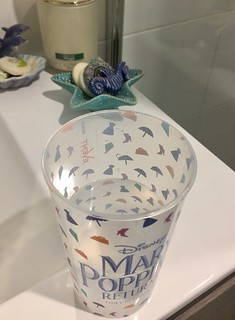
This week, our Zoom lecture focused upon building an awareness of self, and personal motivations and behaviours that are fundamental to creating: a strong and sustained manual therapies practice; and a fulfilled personal and professional life.
It was a conscious effort on my part, when creating this blog all those years ago, to keep an optimistic view when discussing aspects of my teaching, and I hope that I can maintain that philosophy with my new focus of undertaking tertiary education in a whole new field.
“Optimists have a tendency to hope for the best…” says Stephanie Stokes Oliver in Seven soulful secrets for finding your purpose and minding your mission (Crown, 2001). That doesn’t mean they hope for the best only sometimes, treating the glass as half full, instead of half empty, becomes a mindset.
When I moved back into school libraries, after a stint at State Office and then a return to the primary classroom, I noticed some teacher-librarian colleagues were using social media as a sounding board for complaints in their professional lives. But, it seemed to me, some of these people had a “glass half empty” view most of the time. A few would even angrily resist any help. (Now, one crucial aspect of working as a teacher-librarian is that one is usually the only teacher-librarian in the school. Teaching colleagues can be important people with whom one can debrief, but some issues are unique enough to require debriefing with another teacher-librarian.) I had a habit of wanting to share positive examples that I thought might provide comfort. It would sometimes have the opposite effect. I would regularly get admonished that I should let people “have a wallow” in their miserable situation, to offer them only my sympathy, and not give a pep talk or a personal success story. The complainer’s glass was not only half empty, it was half empty of spilt milk.
Sorry, but that attitude just seems so destructive, especially longterm. I became determined that, rather than get involved in someone else’s dilemma, I would put more effort into finding the positive angles to my own situations which I had found challenging, and share them here. As Oliver suggests, “there may be opportunity in the situation as well as trouble.” The feedback towards this blog, especially in its early days, was very encouraging. Several award nominations – and a win, the SLA NSW “John H. Lee Memorial Award” for 2012, for “excellence in leadership in innovative and collaborative teaching practice through the integration of learning technologies” – was a delightful vindication that the “glass half full” is right for me.
I love this quote: “If speakers describe positive things in positive terms, listeners should infer positive things from positive terms.” [Shlomi Sher & Craig C. R. McKenzie, “Information leakage from logically equivalent frames”, Cognition 101, Department of Psychology, University of California, San Diego, 2006.] It has certainly worked for me, and is a comforting touchstone to return to in (thankfully rare) gloomy times!
